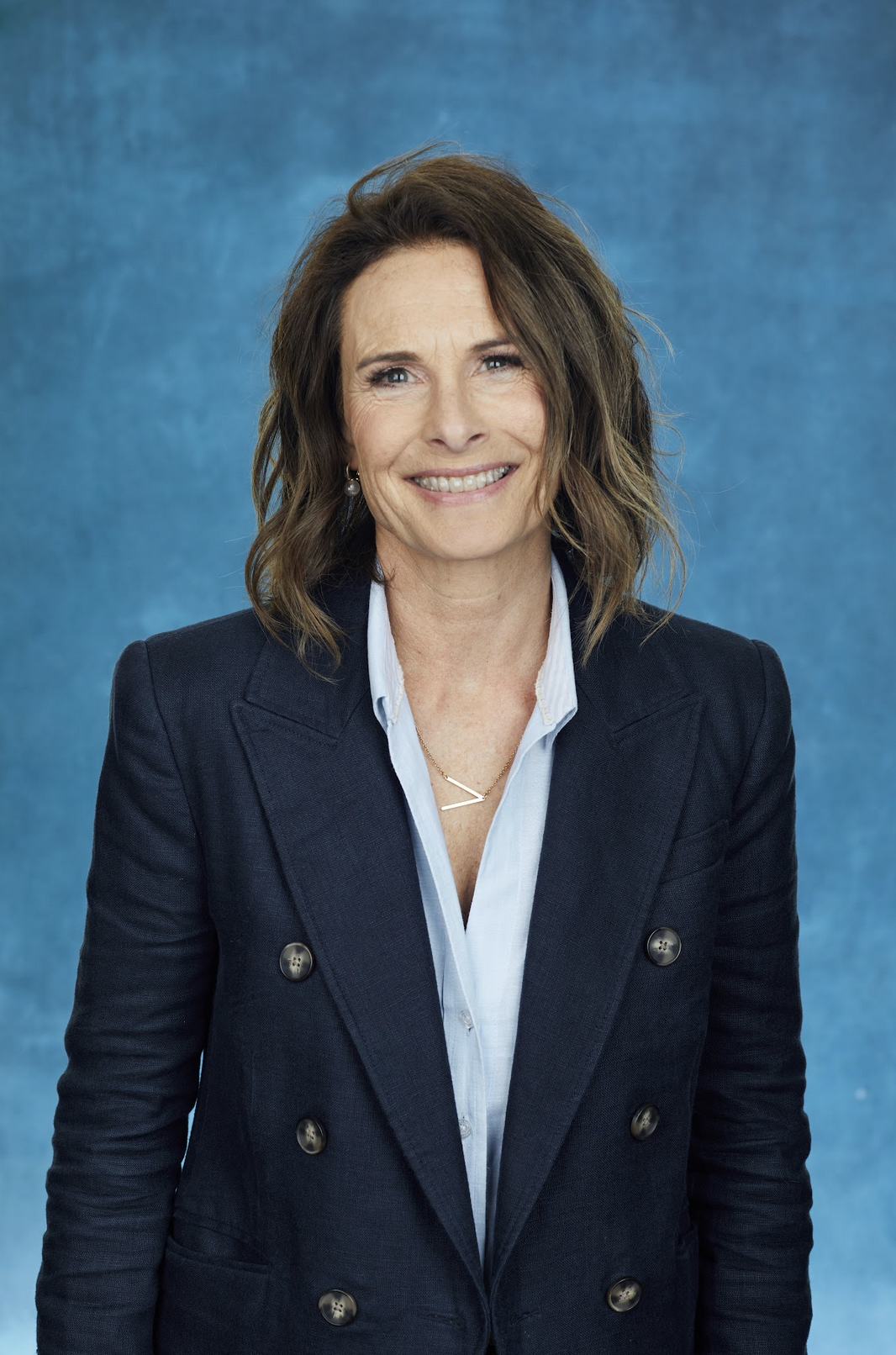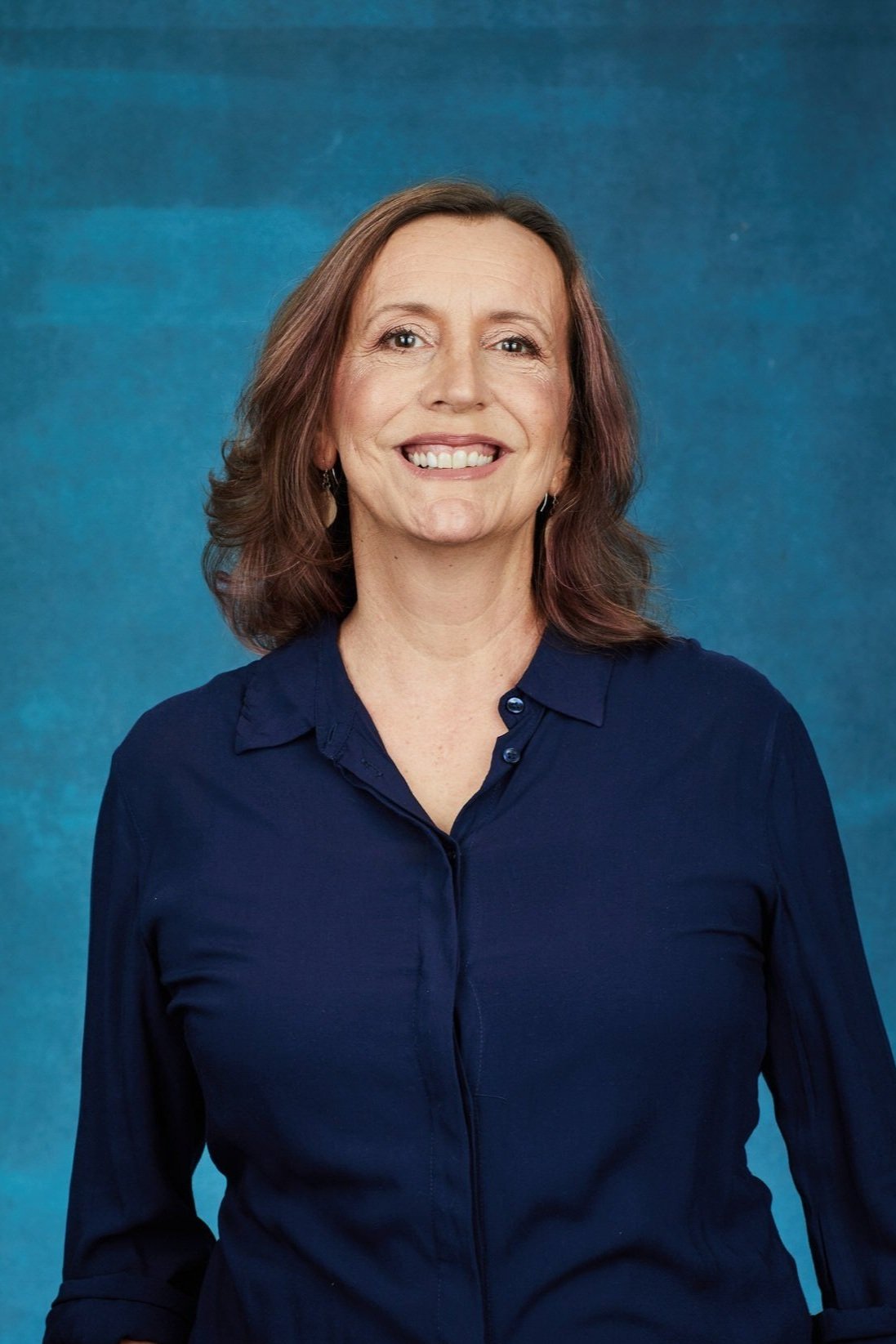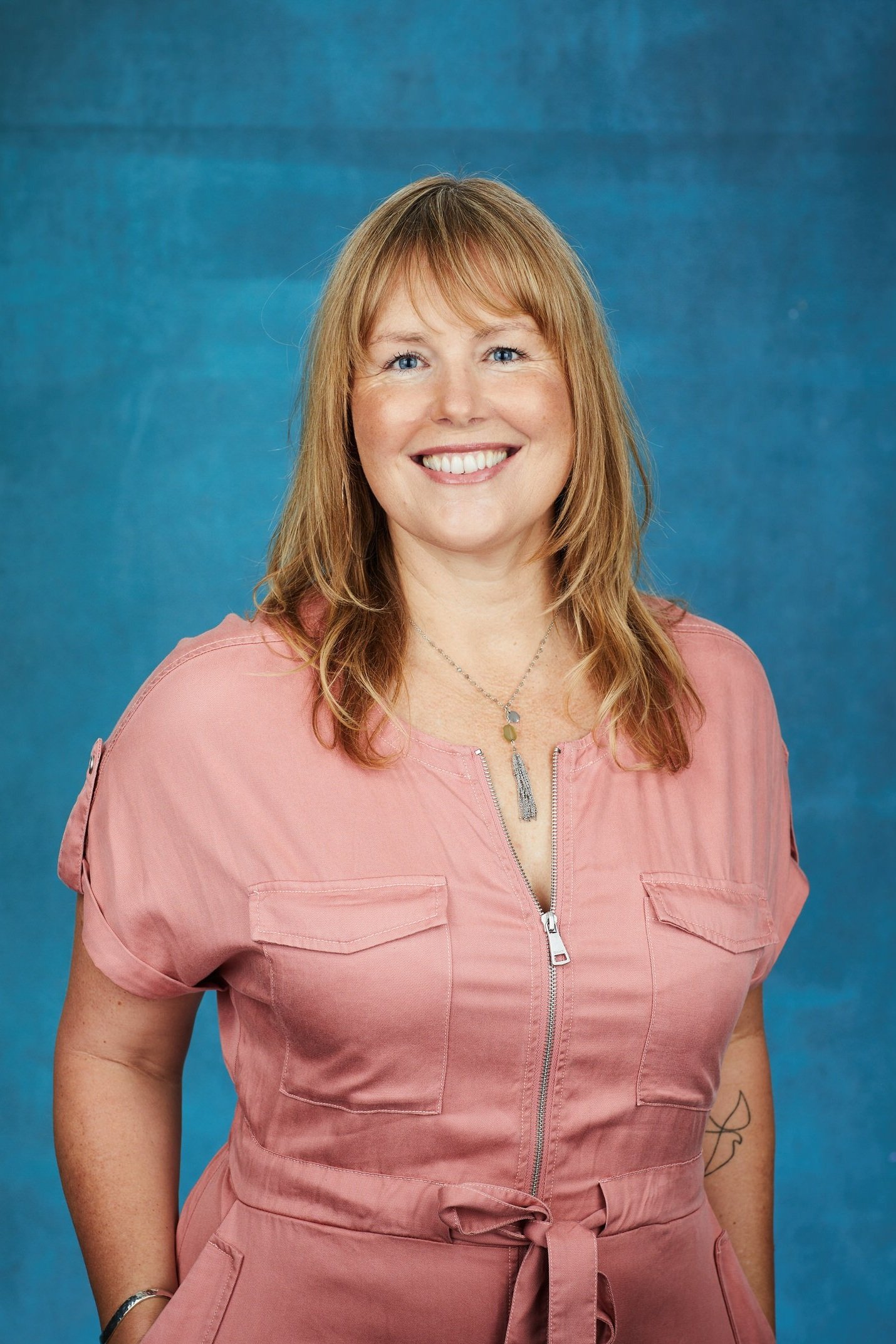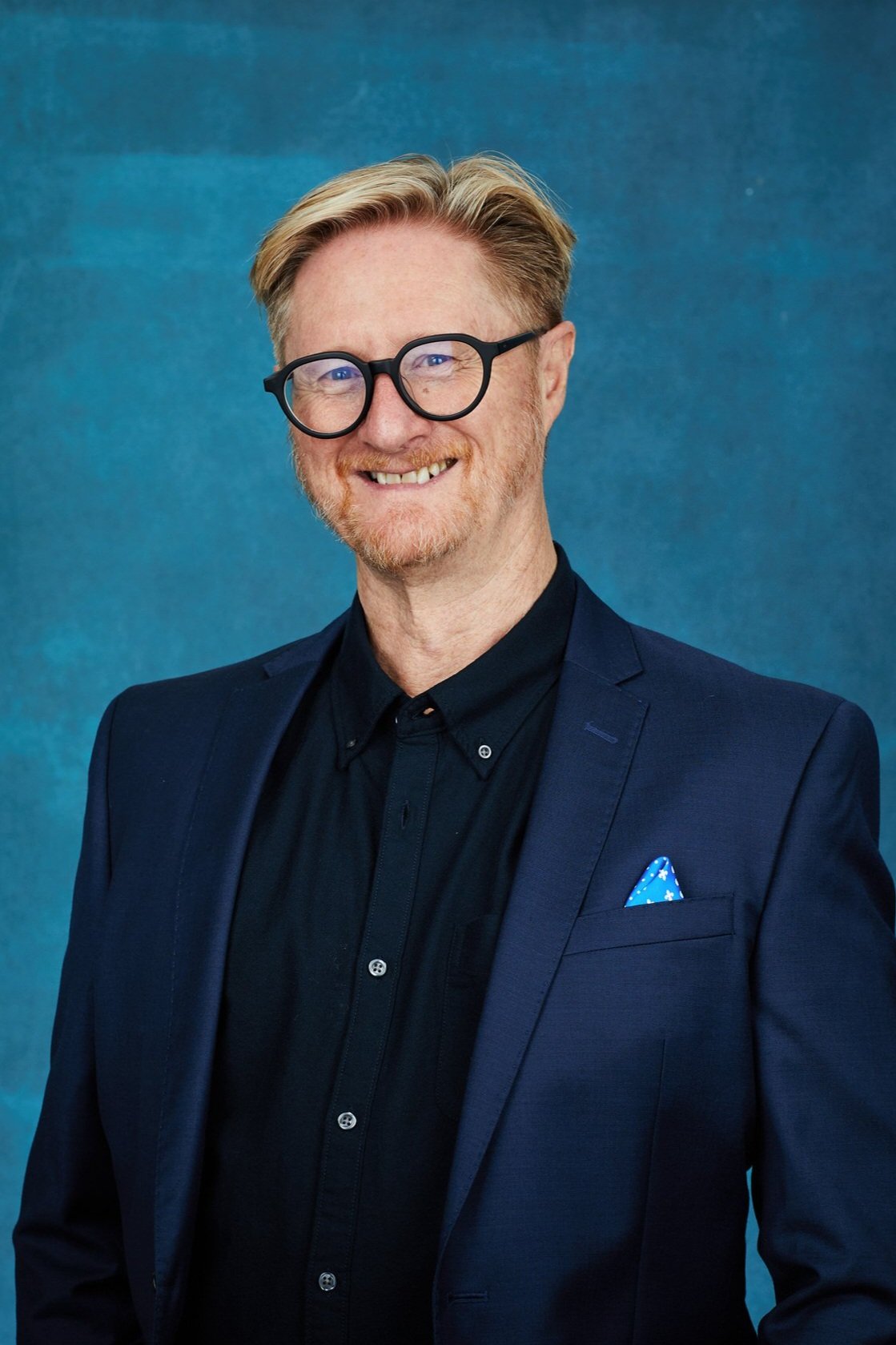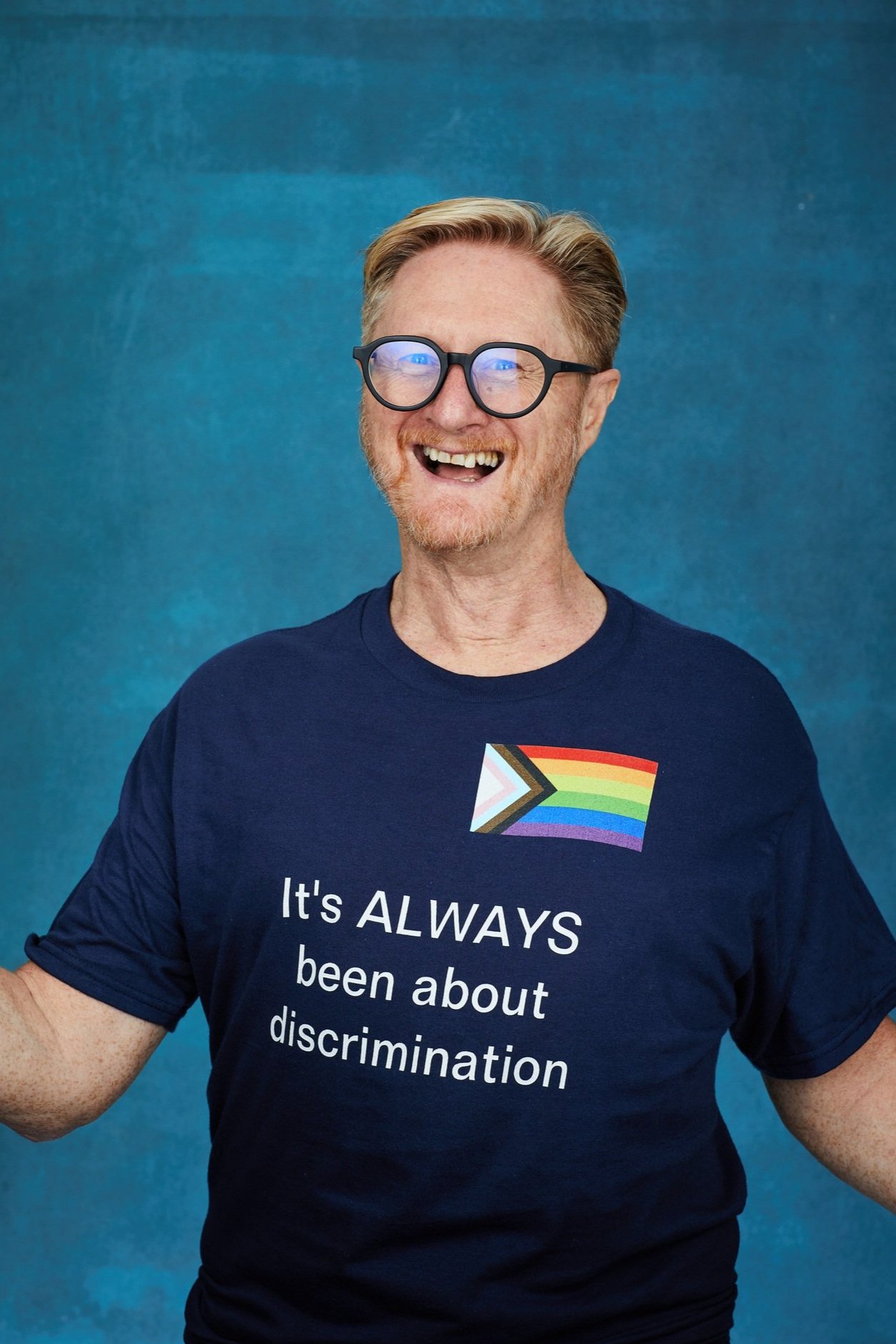Ever feel like your problems & feelings are too big for one person? Like maybe you have ginormous-sized concerns with only a human-sized ability to solve them?
We hear you. We got you.
And we’ve got lot’s of training and expertise to help you figure out how to get back to normal. Seeking support for your problems is the first step to a healthier, better you. And we’ve got the training and expertise to help you figure out how to get back on track.
Sydney Counsellors & Psychotherapists

Meet our counsellors with current openings:
-
Counsellor, Psychotherapist, & Relationship Therapist
Days: Thursday, Saturday
Relationships, Family Therapy, Parenting, Fertility, Depression, Anxiety, Trauma, Family Violence, Life Transitions, Grief & Loss.
-
Counsellor, Psychotherapist, Relationship Therapist & Personal Development Coach
Days: M, Th
Cost: Individuals $180, Couples $250 (No Medicare)
Provider number for: AHM, BUPA, Medibank, Police Health Fund. Check with your insurance to make sure you are covered for COUNSELLING
Karen is a psychotherapist and personal development coach, helping you work with identity, transitions, difficult narratives and limiting beliefs. She is a relationship therapist with belief and passion, helping you find supportive, nurturing and healthy relationships. She works from a holistic wellness model. She is passionate about helping others.
-
Counsellor, Inclusive Educator, Parenting Neurodivergent Children
Days: Fri, Sat
Cost: $170-190 (No Medicare)
-
Counsellor, Psychotherapist Relationship Counsellor
Days: F
Anxiety & stress, Grief and loss, Depression, Shame, Life Transitions, Coping Strategies, Choosing Changes in Behaviors, Developmental Challenges and Parenting. Understanding Emotional Triggers, Trauma Processing and Recovery, Self-Image and Confidence, Family Conflict, Family Separation, Codependent relationships, Family violence & Domestic Abuse, Family, Cultural and/or Societal Expectations, Family Violence Survival, Divorce or separation, LGBT Ally
-
Counsellor
Days: Sa
Cost: $175 (No Medicare)
Men’s issues: gay, bi, straight, queer. LGBT and queer peoples, Sexual identities and gender, experiences of shame, negative self-esteem, experiences of anxiety, experiences of loss, and relationship issues. Impact of religious upbringing. Work-related stresses, work relationships, career goals and career transitions. Proud member of the queer community.
-
Counsellor and Psychotherapist
Days: Wed, Fri
Cost: $220 (No Medicare)
Gender, Sexuality and Relationship Diversity, Self-Esteem, Life Transitions, Relationship Issues, Belonging, Burn Out, Trauma,
-
Counsellor, Buddhist Psychotherapist, and Relationship Therapist
Days: Th, Fr, Sa
Relationship breakups, Anxiety, Burnout, Chronic worry, Depression, Sexuality, Identity, Emotional distress, Sleep, Academic issues, Body image, Self-esteem, Self image, LGBT Ally.
-
Counsellor, Psychotherapist, Relationship Counsellor
Days: M
Anxiety, Burnout, Chronic worry, Depression, Sexuality, Identity, Emotional distress, Sleep, Academic issues, Body image, Self-esteem, Self image, LGBT Ally, Relationship issues, Sexual issues, Sex workers, Kink & BDSM, Open & Poly relationships
-
Psychotherapist, Counsellor, Group Psychotherapist and Educator.
Working with Adult Men, Queer Identified Gay Men, Gay Male Couples as well as Psychotherapy and Counselling Professionals.
Men’s issues, Grief and Loss, Relationship issues, Existential crisis, Emotional intimacy, Porn use, Sexual identity, Childhood wounding, Cancer (treatment and side effects for patients and family members), Carer issues, Work related stress including future direction. Proud Member of Queer Community.
-
Counsellor
M
Antigone is a person-centred and trauma-informed counsellor who holds space for you with non-judgemental and non-pathologising warmth. She is trained to be an integrative counsellor, so she applies a range of modalities and approaches including trauma-focused, somatic, family systems, ACT, narrative, and feminist in an open and collaborative way with clients.
Antigone’s creative skills acquired within the context of music allow her to be spontaneous and imaginative in sessions, inviting you to be an active collaborator on your path to positive change. Antigone is passionate about sharing resources so that you can contemplate other ways of thinking about challenges.

We’ve Done the Hard Part of Carefully Gathering Only the Best Counsellors and Psychotherapists.
✦ We believe therapy should be a life changing experience
✦ We believe in empowering you and using strengths based approaches
✦ We believe in helping you eliminate barriers & negative beliefs that no longer suit you
✦ We believe in you & your ability & your agency for change. We’re going to show you how.
Choose the very best professional for your personality & your needs.
Navigating the mental health field is hard
We’re here to make it easy for you
-
Counsellor and psychologist are two terms that are often used interchangeably. But the credentialing of counselling and psychology in Australia is quite different.
PSYCHOLOGY
In Australia, Psychology is highly regulated under the Health Practitioner Regulation National Law Act, and anyone who calls themselves a psychologist must be registered with the Psychology Board of Australia and be listed with the Australian Health Practitioner Regulation Agency (AHPRA).
Registered psychologists undergo a minimum of six years of medically-focused university study in combination with supervised experience. Psychologists will have a B.S. in psychology and an M.S.(or PhD) in Psychology.
They are trained in the formal diagnosis and assessment of how people feel, behave, think and learn in relation to their life circumstances.
Psychologists are trained to use treatments like cognitive behavioural therapy, cognitive restructuring and narrative exposure therapy to help you get the best from your treatment program.
COUNSELLING
In Australia, Counselling is a self-regulated profession, however organisations like the Psychotherapy and Counselling Federation of Australia (PACFA) and the Australian Counselling Association (ACA) require their registered counsellors to complete accredited courses of study as well as internships and supervision.
Counsellors often have a B.S. in Psychology (much like psychologists) or Counselling and a M.S. in Counselling and Psychotherapy.
Counsellors often choose the Counselling master's degree instead of the psychology master's as the they want to focus on one-on-one client interaction, and be less focused on working from a medical model. This also means that counsellors are less focused on diagnosis, and more focused on models of change.All of the Here Completely Counsellors are members of the ACA, or PACFA, or AASWK (social work)
You do not require a referral from a medical doctor to see a counsellor.
If you wish to claim the costs of your mental health visits from Medicare, you must see a psychologist or mental health social worker with a referral or with a Mental Health Care Plan in place.
At Here Completely, we can assist you in deciding whether a counsellor or a psychotherapist is the best fit for your needs.
When scrolling through the pictures and details of our therapists, their titles will be clearly marked (counsellor, psychologist, psychotherapist, relationship counsellor, etc)
-
A counsellor may be a good fit if you’d like to define any concerns you might have about specific or general aspects of your life, your state of mind or your relationships with others. Counsellors often have specialities and not all counsellors work with all areas. Most counsellors can help with most complaints, however some counsellors have niches and specialties with years of training, education and experience in micro areas. It’s worth your effort to check out if there is a counsellor or psychtherapist
They can assist you to improve your well-being and overall quality of life.
A psychologist may be a good fit if you would like to receive qualified, on-going mental health care in a one-on-one setting. Psychologists can assist with cognitive therapy and its many variations, which allow you to change your behaviour and outlook by changing the way you think and feel and improving overall mental wellness.
A psychiatrist may be a good fit if recommended by a medical doctor, or if psychiatric medication is recommended for symptom relief from a mental health disorder, or if you ares suffering from a severe or debilitating mental health condition such as depression, anxiety disorder or a complex condition such as schizophrenia.
-
Psychiatrists are medical doctors. They attend four years of medical school before spending a minimum of five years in residency becoming skilled in the diagnosis, treatment and prevention of mental health conditions. Psychiatrists often maintain a life time of training in specific areas of mental health associated with life stages such as childhood or adolescence, or in very specific fields of mental health such as addiction.
There is considerable overlap between the range of mental health conditions that psychiatrists and psychologists can treat, however only psychiatrists (and other doctors) can prescribe medication for your mental health needs.
You generally need a referral first from a general practitioner to see a psychiatrist, and their costs may be covered by Medicare with a referral or if you have a Mental Health Care plan in place.
At Here Completely, we are associated with a number of qualified psychiatrists and can assist you in finding the right practitioner for your needs.
-
First things first: you my have heard the term psychotherapist and wonder exactly what it means and who it is referring to.
Psychotherapist is a broad umbrella term that includes all of the professionals who deal with the management of mental health. A psychotherapist could be a social worker, counsellor, therapist, psychologist or psychiatrist.
Psychotherapy refers to all of the therapies that are used by these professionals to help define, treat and overcome mental health conditions, improving your emotional state and leading to a happier, healthier life.
OK. Here’s where it gets tricky.
In Australia, psychotherapy specifically refers to a theoretical underpinning based on psychotherapy models. Psychotherapy treatment is often longer term, and more inwardly focused and incorporates a psychodynamic model. These models focus on the internal psychological drives and forces to help explain human behavior and personality.
Short and sweet: Psychodynamic work is often about unpacking past baggage and figuring out how to understand it so it affects you less. Basically it helps you unpack that baggage and leave it behind!
Psychodynamic work is understanding your feelings and behavior by exploring the questions such as WHY IS IT HERE/ HOW DID IT GET HERE/ WHAT’S MY RELATIONSHIP WITH IT.
People choose to work psychodynamically when dealing with things from the past; family violence, past trauma, difficult behaviors, addictions, anxiety and even some depression. Psychodynamic work is longer term work that helps you understand your distressing feelings and behaviors and release them.
-
STAY TUNED
-
Here are some tips for choosing what type of therapist works best for you:
1- Understand any ‘must haves’ such as cost, time, and type of person you want to work with (i.e. male or female, day/time you can meet, etc)
2- Develop an overview of what you want to accomplish: Overcoming and eating disorder is vastly different than getting coping skills for anxiety. Overcoming childhood abuse is very different than addressing work stress. Have an idea about what kind of speciality you are looking for. Any sort of deep work most likely requires somebody who has experience and expertise in this area. Ask about the expertise.
3- Select the therapist based on your priorities and who most reflects the expertise you are looking for, as well as meets the ‘must-haves.’
For example: if you have a barrier about finances (and no judgment here. We totally get that!) you may want to prioritize seeing a psychologist where you can use a mental health plan.
If you are dealing with complex childhood stuff, or leaving a difficult relationship, you may want to prioritize selecting somebody specifically with the expertise even if you can’t use a mental health plan.
And most importantly, choose somebody who seems like you might click with. Studies continue to show our mental health outcomes are based on the relationship with the therapist and not necessarily on the modality used.
I know. Weird but true.
And finally: If this all seems overwhelming, and we agree it is, just tell us a little bit about what’s going on.
We have the ability to get you connected to the person we think might be the best fit. Find My Best Fit
WORK WITH A COUNSELLOR
WHO GETS YOU
We have counsellors with experience in all sorts of issues including; anxiety, depression, grief & loss, relationship difficulties, family violence, childhood abuse, trauma & PTSD, mindfulness + more.
-
-
-
-
-
-
-
Some of out counsellors have additional training working with sex workers, are sex positive, and sex worker allies:
-
-
Anne Reilly (also couples)
Samantha Forbes (also couples)
Melissa Luttringer (also couples)
Danielle Lass (also children + families)
Dr Neta Fleiderman (also couples)
-
Anne Reilly (Buddhist Psychotherapist)
-
Stephen Blood Queer Identified
Anne Reilly Queer Ally
Samantha Forbes Queer Identified
Richard Marazita Queer Identified
Melissa Luttringer Queer Ally
Danielle Lass Queer Ally
Dr Neta Fleiderman Queer Ally
Dr Adam McLean (Men) Queer Identified
-
Jennifer Perkins Queer Identified
-
Jennifer Perkins Nevada, USA
Morag Paterson Scotland, UK
Rafaela Kohler Brazil
Dr Adam McLean Scotland UK
Karen Posener England, UK
-
Anne Reilly Poly Ally
Samantha Forbes Polly & Kink Ally
Melissa Luttringer Poly & Kink Ally
Dr Neta Fleiderman Poly Ally
Most of our counsellors are psychotherapists + relationship therapists. That’s an awful lot of expertise helping you get back on track.
What Makes Our Psychotherapists & Counsellors Different?
Our Psychotherapists & Counsellors are extremely well trained with loads of experience, and expert peer collaboration + outside supervision.
We’ve hand selected our therapists because we know you want a skilled-up, qualified, holistic & compassion focused therapist with intimate knowledge and training in your particular complaint.
Our counsellors are well trained in psychotherapy, and most are extremely well trained in relationship therapy.
Most of our therapists can work with most complaints, however each of our therapists have additional areas of expertise we think you’ll like. We sure did. That’s why we brought them on board.
Our therapists are passionate about what they do. They each run their own business and are not employees of Here Completely, instead, Here Completely provides a space where they can come together, sharing expertise and resources, creating space for diversity and well being. Both for themselves and for you. We thought you would benefit from being here as well.
-
Great question. For our purposes, a psychologist has a 4 year degree in psychology + another 2 year degree in psychology and is approved through a national governing body of AHPRA. Being approved through this AHPRA body also provides them the ability to take medicare.
A counsellor usually has a 3 or 4 year degree in psychology, social work or counselling and may have additional degrees in psychotherapy, social work or counselling. Because the degrees were not specifically focused in psychology, but instead on counselling, social work or psychotherapy they are not eligible for AHPRA and cannot accept medicare (NOTE: some social workers can take medicare)
Psychology can be a more present focused, and CBT focused treatment where counselling and psychotherapy can be more of a focus on family history, past experiences and baggage we drag around. Psychotherapy can be more of a longer term treatment to really get to the core of the problem where psychology can focus on treating symptoms in the immediate.
-
There are many variables that go into making this decision. We suggest this:
1) Do some research about who has the training and expertise in the area you want help with.
2) Understand your financial ability. If you need to use Medicare, then you should probably stick with a psychologist. But you will need to get a mental health plan from your GP. More info here
3) Understand limitations to time to start. Many psychologists are full and no longer carrying a wait-list. This is especially true during the pandemic. Often, choosing a counsellor or psychotherapist will get you scheduled sooner.
4) Understand limitations about confidentiality. If you are going to use Medicare your information is going to be shared between your psychologist and your GP. Some people are uncomfortable with this.
5)The best thing to do is learn about your preferred provider and see if they could be a good fit. If it doesn’t feel right, then try again.
-
Our counsellors and psychotherapists have years of education, training and diverse areas of expertise. Most are also trained in Couples Counselling, and Family Therapy as well as Individual Counselling. This is a great deal of expertise at your finger tips. There are some down-sides to not being able to use medicare, but we believe there are many advantages to working with a trained counsellor and psychotherapist.
Many of our Therapists Have Additional Areas of Expertise
Buddhist Psychotherapy
EMDR for PTSD and Trauma
Spiritual psychology + meditation
Child Focused Relationship Separation
Poly, and Consensual non-monogamy
Gay Men’s Issues
Trans kids & Families
Kink and BDSM
Working with NDIS
Adult Sibling Relationships
Couples Counselling & Family Counselling
Pre-marriage, Re-marriage counselling
Individual Counselling for Building Better Relationships
Individual Counselling can be used to deal with relationship breakups, building better communication, or just creating more healthy connection with others. Check out our group of therapists with additional skills in relationship building, grief and loss, or skills building for more healthy relationships. You may also be interested in Couples Counsellors and Relationship Counsellors.
PTSD and Trauma Counselling
We have some really well skilled therapists who work with past family violence, childhood sexual abuse, PTSD and CPTSD. We have some therapists who have worked with clients from the Royal Commission into Institutional Responses to Child Sexual Abuse. We have some therapists who are trained in EMDR. We want to make sure you are well supported no matter where you are on your healing journey. See more about Trauma Counselling here
Grief and Loss & Other Life Transitions
Sometimes life gets messy, complicated and tricky. A counsellor can help you gain perspective while also allowing you to see your own limiting beliefs and actions. They can help you through grieving a loss while transitioning to something different. They will work at a pace that is right for you and help you challenge stuck or difficult ideas or behaviors. They can help you decide what looks most healthy for you.
Self Esteem/ Self Image
Self image is the judgement of ourselves either positively or negatively and how we see ourselves. Self esteem is how we value ourselves and is based on our self image. Sometimes our self image and self esteem take a hit and we see ourselves as self defective, unworthy, deeply flawed, broken, or unlovable. Many things can be the cause including stressful and negative experiences like loss of a job, past trauma or abuse, or loss of a relationship. Working with a therapist can help with these difficult feelings. Learning new self care techniques and new coping skills can also help. Speak to a therapist about how to build up your self image and self esteem. It will be a great resource for the rest of your life.
Sydney Queer, LGBT Counselling and Gay Counselling
We want to make sure our queer population is well supported by our therapists. We wouldn’t bring in any therapist who we didn’t trust in this area, but some of our therapists have a great deal of additional training and seek out additional supervision and training in this area. We want to make sure you can find them easily. We know it’s important for you to feel safe to be yourself. See more about Queer and Gay Counselling Here
Mindfulness, Meditation & Buddhist Psychotherapy
Mindfulness is a useful technique to reduce reactivity to life events or reactivity in relationships including work relationships, romantic, or family relationships. Most of our counsellors and psychotherapists are well trained in this technique. If you are looking for a counsellor with advanced training in this area, you may want to connect with our in-house Buddhist psychotherapist.
Gay Men’s Issues
We have two excellent, OUT & PROUD male therapists who work with men’s issues. Whether you are looking for insight into addictions, intimate relationships, family relationships, coming out, poly and open relationships, loneliness, grief & loss or trauma, or other, check out Richard or Adam to help get you sorted. Both of these counsellors are queer identified and have the training and qualifications to help get you on your way.


